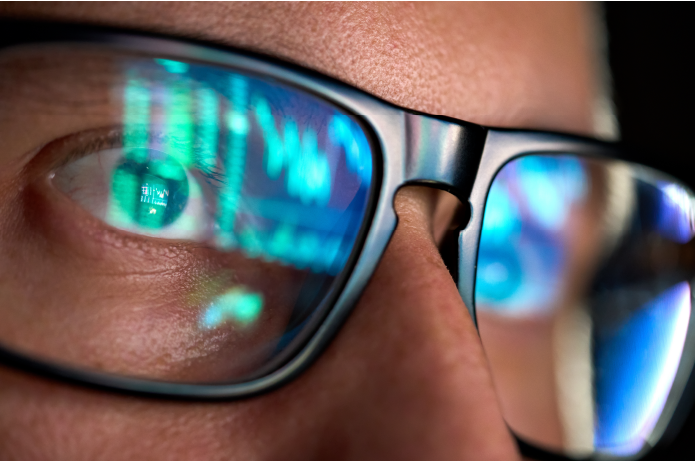The Brazilian edition of the 2024 Online Retail Report, developed globally by FTI Consulting on e-commerce trends, highlights that Brazilian e-commerce has great expansion potential.
Although the peak of online sales occurred during the 2020 pandemic, with a 30% increase, the sector has continued to grow at a faster pace than offline retail since 2019. However, the increase in household debt, reaching 48% of annual income, has impacted the growth of online and physical retail in recent years.
Despite these challenges, the e-commerce market in Brazil remains promising, currently accounting for 9% of total retail sales. This number, though significant, is still below more mature markets like the United States, China, European countries, as well as Latin American neighbors such as Mexico (14%) and Chile (11%). This demonstrates significant room for expansion as more consumers prefer online shopping.
One of the key factors driving this growth is the use of smartphones as the preferred means of online shopping in Brazil. In 2023, 55% of online purchases were made through smartphones, solidifying this device as an essential tool for e-commerce.
Companies like Magazine Luiza, which expanded its distribution network to 22 centers and 206 cross-docking units, show how major players are investing in logistics to meet this growing demand. Additionally, Mercado Livre, which operates with 97% of its sellers being third-party, has captured the largest market share (14.2%).
Sectors such as fashion and beauty have experienced significant growth, following the popularity of household appliances and technology.
Regionally, the Southeast leads in the number of online buyers, favored by a more advanced infrastructure and greater technological familiarity. However, regions like the North and Northeast have shown great growth potential. The development of public infrastructure and improvements in economic conditions in these regions can accelerate the adoption of e-commerce, creating new opportunities for local companies and key players to expand their operations.
The Brazilian e-commerce also benefits from a young and increasingly connected population. The lower-income class, representing about 13% of online consumers, still has limited participation, but this trend is expected to change as the purchasing power of these individuals increases and more tech-savvy generations become more influential consumers. Currently, 34% of online consumers are in the 35 to 44 age group, suggesting a promising future for the industry.
Another factor strengthening e-commerce in Brazil is the growing use of digital payment solutions. Pix, created by the Central Bank, is already the second most used payment method in e-commerce, behind only credit and debit cards. In addition to increasing financial inclusion, allowing more consumers to participate in digital commerce, Pix has proven to be an attractive alternative for those without access to credit. According to Instituto Locomotiva, 81% of Brazilians have a bank account.
It is worth noting that the e-commerce market in Brazil is still quite fragmented compared to markets like the United States, opening up opportunities for mergers and acquisitions that could consolidate the sector in the coming years. Companies like Mercado Livre and Magazine Luiza have been investing in strategic partnerships to stand out. An example is the partnership between Mercado Livre and Disney, which offers Mercado Livre Premium subscribers access to the Disney Plus streaming service.
The growth of e-commerce could also be driven by the use of new technologies, such as artificial intelligence and logistics automation, optimizing processes and enhancing the shopping experience. Leading companies are already implementing automation to streamline deliveries and personalize the shopping experience, consolidating e-commerce as an increasingly efficient alternative to traditional retail.
With a young, connected population and continuous improvements in logistics and payment infrastructure, Brazil is well positioned for future growth in e-commerce, with expansion opportunities in various regions and sectors.







